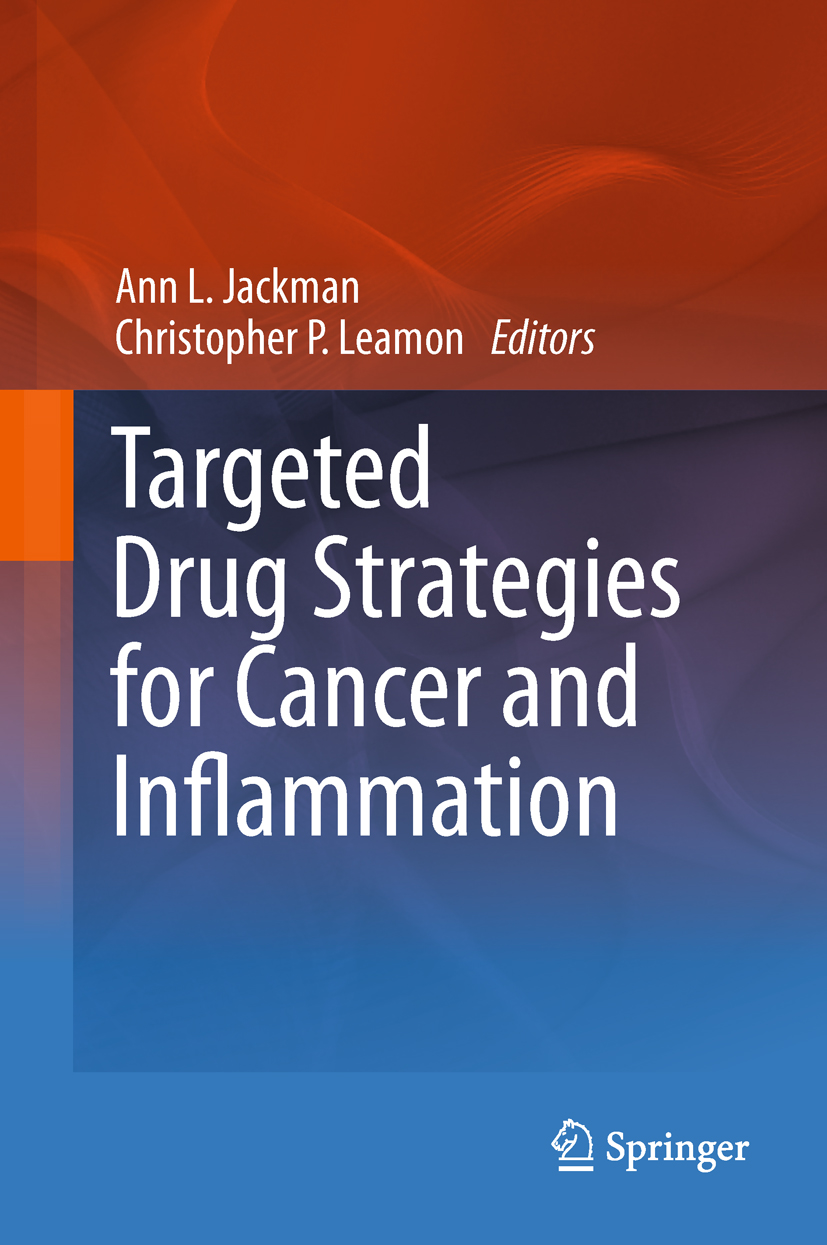Targeted Drug Strategies for Cancer and Inflammation
| Auflage | 1. Auflage, 2011 |
| Verlag | Springer-Verlag |
| ISBN | 9781441984173 |
Produktbeschreibung
Folate pathways are essential in metabolism and macromolecule synthesis. Antifolate drugs that are largely transported via a high capacity folate transporter (i.e. the reduced-folate carrier) and inhibit folate-dependent enzymes include the dihydrofolate reductase inhibitor, methotrexate, and the thymidylate synthase inhibitors, raltitrexed and pemetrexed. Major advances in folate research made within the last decade include (i) the approval of pemetrexed for the treatment of lung cancer and mesothelioma, and (ii) the demonstration that cell membrane-anchored folate receptors (FR) are exploitable for cancer and inflammatory disease management. FRs are not widely distributed in normal tissues, except on some luminal surfaces; however, they are accessible to systemically administered agents when expressed on many cancers as well as on activated macrophages involved in various inflammatory diseases. High affinity folate-radioisotope conjugates have been developed for imaging pathogenic FR-positive diseases, including cancer. Since the FR transports folates via a low capacity but high affinity endocytic pathway, a variety of FR-targeted antifolate drugs and folate conjugates bearing a wide range of payloads (including cytotoxic drugs) are currently being developed which exploit this property. The FR is also being utilized in immunotherapy approaches for the treatment of overexpressing cancers.
